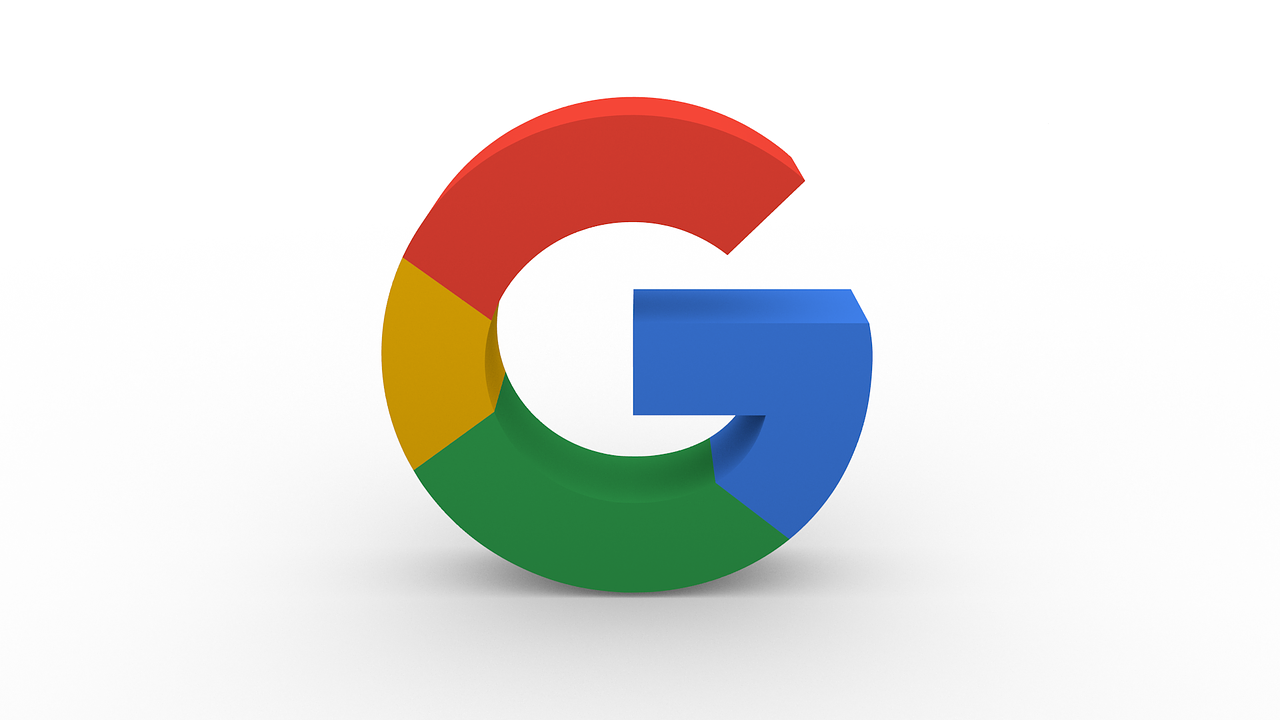
In celebration of Global Accessibility Awareness Day, Google announced a suite of new accessibility features, including AI-powered, personality-driven settings for users’ most popular assistive tools. These updates aim to enhance the usability of Android and Chromebook devices, making them more accessible to people with disabilities.
Earlier this week, Google also introduced new AI-powered scam prevention tools in Chrome browsers, marking another step in its effort to reshape the public’s perception of technology’s role in daily life.
For Android users, Google is enhancing the Talkback experience — its screen reader tool for those who are blind or have low vision — with new Gemini features. These updates will allow users to ask questions about the descriptions provided by Talkback, providing live information about what is on the screen by asking specific questions while using the tool.
Google first introduced Gemini for Talkback in 2024, aiming to provide support for onscreen images that lack alt text, making it more accessible for users to interact with visual content.
More Human Captions
In addition, Google is updating its Expressive Captions feature. Initially introduced in December, this feature provides a more accurate captioning experience that includes vocalizations and emotions in the text, such as gasps, raised voices, and background noise context. The new update will further enhance the feature, adding the speaker’s vocal stylings, like elongated vowels or drawn-out sounds, and more sound labels like whistling.
For Chromebooks, Google is working with College Board, the nonprofit that oversees AP, SAT, and college admissions curricula, to integrate its accessibility tools into the Bluebook testing app. This collaboration allows students to use their Chromebook’s assistive features, such as the ChromeVox screen reader and Dictation, when taking a College Board test.
Furthermore, mobile Chrome users can now use the Page Zoom feature to zoom in on just the text of a webpage, rather than the entire screen. Additionally, Google is introducing Optical Character Recognition (OCR) for PDFs, allowing screen readers to interact with and understand scanned PDFs.
What The Author Thinks
Google’s commitment to enhancing AI-powered accessibility features is a step in the right direction. While these new tools will undoubtedly make life easier for people with disabilities, tech companies should continue prioritizing accessibility by integrating these tools into all aspects of their devices and services. Ensuring that digital content is universally accessible is not just a nice-to-have feature; it’s a fundamental right that should be built into every piece of technology from the start. The push for better AI accessibility can help ensure that the digital world is more inclusive, and it is heartening to see companies like Google take steps toward achieving this goal.
Featured image credit: Needpix
For more stories like it, click the +Follow button at the top of this page to follow us.
